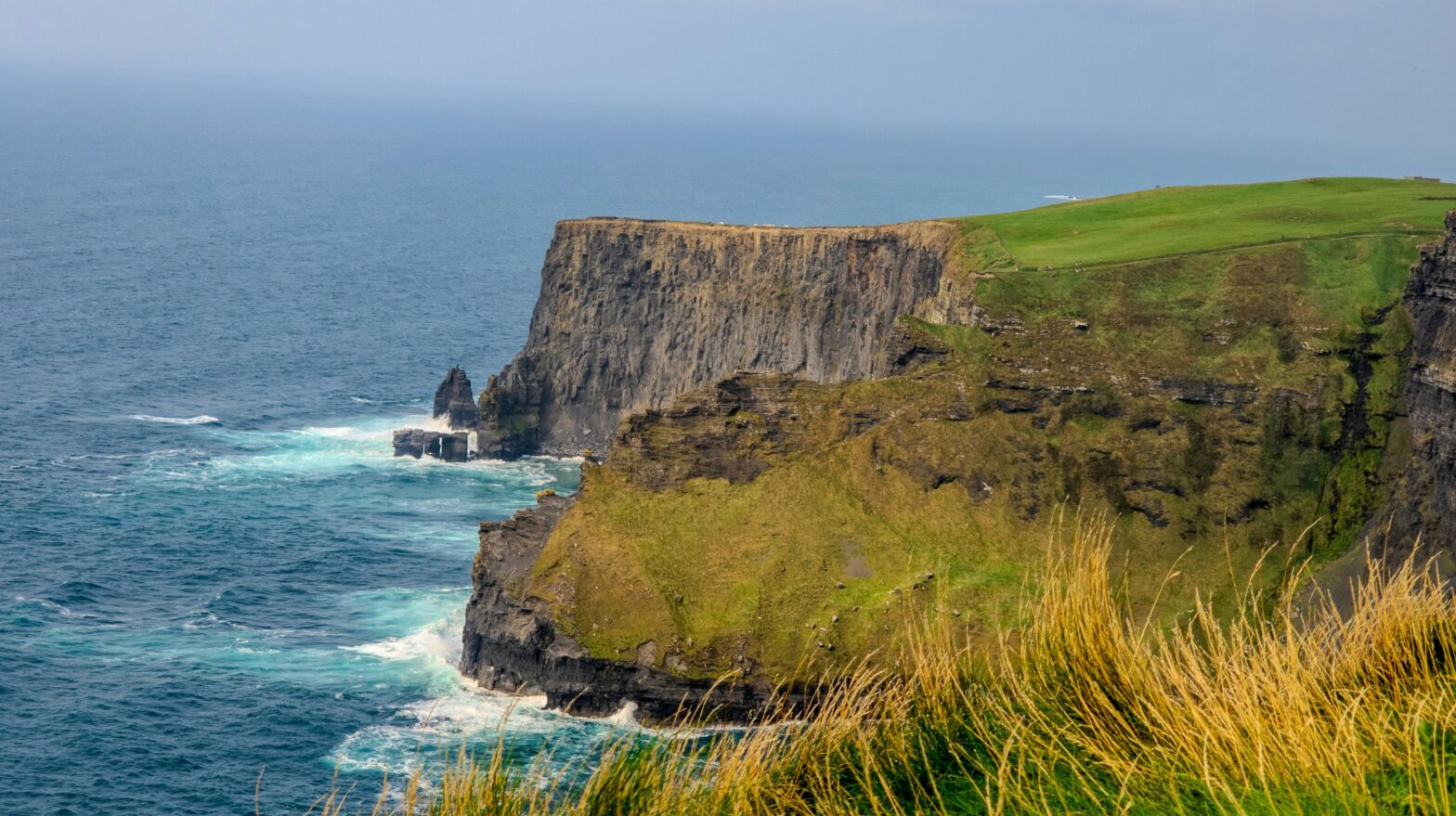Awareness of environmental issues continues to grow larger in our shared consciousness. This is partly because of the growing evidence of severe weather events linked to climate change. Also, never before has so much information been available. Not only is the environment rarely out of the headlines, but documentaries and travel programmes simultaneously describe the wonders of the natural world, and entice us to explore it. Eco-Tourism is a growing sector.
Thus, we seek to find ways to visit remote and pristine locations, but without harming them in the process. It’s a compelling solution that combines travel with environmental stewardship. But striking a balance between sustainability and practicality remains a challenge.
What is Eco-Tourism?
Eco-tourism is more than a buzzword or trendy label. It’s a commitment to preserving natural environments and supporting local communities. By choosing eco-friendly destinations, travellers can contribute to conservation efforts and help ensure that tourism revenue benefits the regions they visit. And the process isn’t just about where we go. It’s also about how we travel and behave during our trips.
Top Eco-Tourism Destinations
For those willing to journey further afield, eco-tourism destinations provide unique opportunities to experience nature responsibly. There are many countries and destinations providing carefully managed Eco-Tourism – here are a few examples.
Costa Rica: More than 25% of this Central American country is protected as either national parks or wildlife reserves. It was one of the firs countries to adopt a pro-conservation approach to tourism, and it’s known for its lush national parks and renewable energy initiatives. Visitors can enjoy activities like rainforest treks and dolphin-watching while supporting conservation projects.
The Galápagos Islands, Ecuador: These eastern Pacific islands were made famous by Charles’ Darwin’s observations of their wildlife in the nineteenth century. His work there contributed to his later book about evolution, The Origin of Species. Today they are a UNESCO World Heritage Site with controlled access to protect their fragile ecosystems. Guided tours educate visitors about the unique flora and fauna while promoting environmental awareness.
Iceland: With plenty of eco-friendly accommodation and renewable energy usage, Iceland demonstrates how sustainable tourism can align with preserving natural beauty.
Kenya and Tanzania: These East African nations offer a range of holidays including eco-conscious safaris, ensuring that wildlife protection and community development go hand in hand.
Sustainable Holidays Closer to Home
If you’re a UK traveller aiming to reduce your carbon footprint, there are numerous option, including the following examples in Europe.
Eco-Retreats in Norway: From fjord-side lodges to green-certified hotels, Norway’s growing focus on sustainability now offers a range of sustainable holiday options. In true Scandinavian style, eco-friendly does not automatically mean basic, so a touch of luxury can still be part of your northern eco-tour.
Electric Villages in Switzerland: The town of Arosa, with its electric car infrastructure and eco-friendly accommodation, with extensive use of renewable energy, has made a conscious decision to promote sustainability, alpine style.
Slovenia: This European nation has introduced a national ‘Green Scheme.’ This certification programme encourages hotels, tour operators, and restaurants to adopt eco-friendly practices. Combined with a beautiful (and well-protected) landscape and rich flora & fauna, it is fast establishing a strong presence in European sustainable tourism.
Train Journeys: Travelling by train emits significantly less carbon than flying. Destinations like Burgundy in France or Luxembourg City combine accessibility with cultural richness.
Eco-Tourism and The Carbon Dilemma
Eco-tourism destinations prioritize sustainability. However, the distance of many from the UK raises an important issue: the environmental cost of long-haul flights. Aviation is a significant source of greenhouse gas emissions, and yet many eco-tourism hotspots, like Bhutan or Palau, require long flights to reach them.
Mitigating this impact doesn’t mean avoiding these destinations entirely. Indeed, the carefully managed tourism brings economic benefits to many places which would otherwise struggle. Instead, travellers can make thoughtful decisions:
Choose Efficient Airlines: Opt for carriers that operate newer, more fuel-efficient aircraft.
Offset Your Carbon Footprint: Many organizations allow travellers to fund carbon-reduction projects, such as reforestation, to balance the environmental impact of their flights.
Stay Longer: If visiting a distant destination, consider an extended trip rather than multiple shorter holidays, thus reducing the frequency of flights.
Sustainable Tourism Without the Label
Sustainable travel isn’t restricted to eco-tourism destinations or green-certified holidays. Anyone can adopt responsible behaviours on holiday, regardless of location:
Conserve Resources: Be mindful of water and electricity usage, especially in areas where resources are scarce.
Avoid Waste: Bring reusable bottles and bags. Minimise your use of single-use plastics.
Support Local Economies: Choose local guides, eateries, and shops to ensure your spending benefits the local communities through which you travel.
There’s a cost to responsibility, but a reasonable balance can be found
Eco-friendly holidays often come at a premium, which can be a barrier for some travellers. Luxury eco-lodges, for example, will almost certainly charge more than traditional resorts. They have a commitment to sustainability and the higher cost of maintaining green infrastructure and working practices are real. However, for those on tighter budgets, simple adjustments like adopting eco-friendly behaviours can still make a meaningful difference.
Eco-tourism highlights the tension between our desire to explore and our responsibility to protect the planet. Whether visiting Costa Rica’s rainforests, staying in an eco-lodge in Slovenia, or just going back to a favourite resort on the Med, the key lies in making thoughtful, informed choices. It is possible to strike a balance between sustainability and practicality, ensuring holidays are not only memorable but also kind to the environments and communities we touch.
By Declan Morton, writer and editor at Essiell Ltd and Money4Travel.
More about the author.



